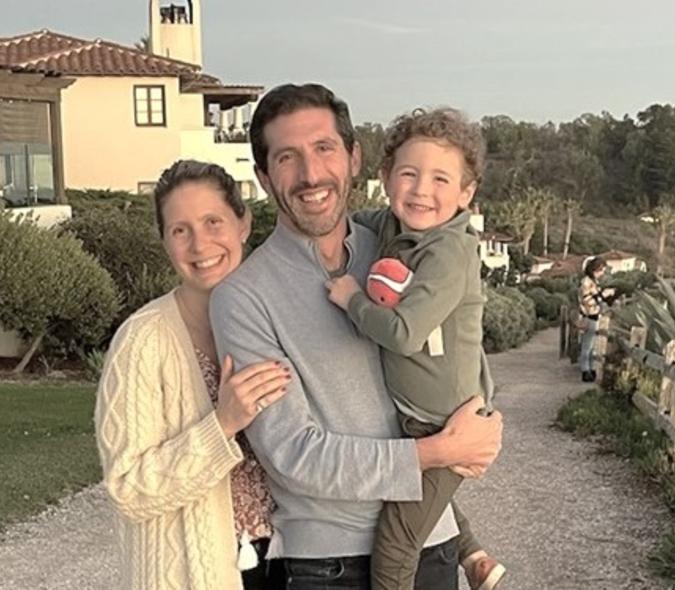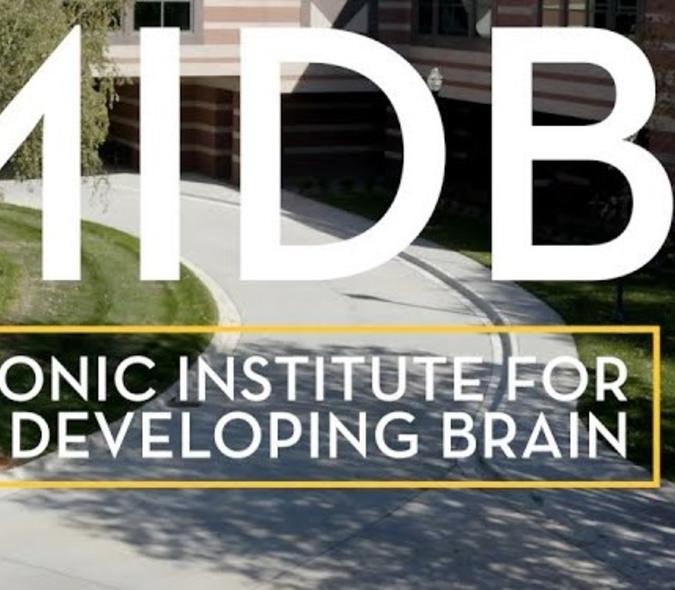
New model of care at the Riverside Clinic increases interprofessional collaboration
Building on the success of a team-based care model that’s been in place for years in the Strengths Early Psychosis Program and at the M Physicians Interventional Psychiatry Program in St. Louis Park, the Department of Psychiatry and Behavioral Sciences has rolled out team-based care at the Riverside Psychiatric Clinic in Minneapolis earlier this summer. This first phase of the rollout is focusing on medication management patients.
In team-based care, patient needs are addressed by a multidisciplinary team. Each team member brings unique skills and expertise to the weekly meetings that they attend to discuss their patients’ cases.
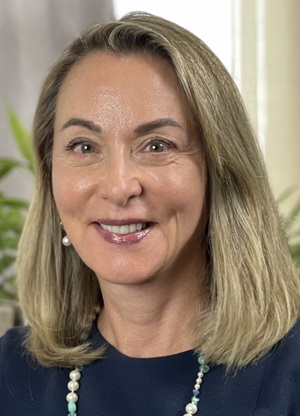
“I’m truly impressed by the interprofessionalism in these meetings,” said Professor and Department Head Sophia Vinogradov (pictured here), MD. “In addition to residents and faculty, we have psychologists, nurse practitioners, social workers, PharmDs, case coordinators, and discharge planners. It’s exciting to see them all take part in the team huddles.”
Patients are at the center of this approach. “I’ve observed times when the team is struggling with a challenging patient,” said Vinogradov. “Having multiple perspectives from other experts, and help with treatment planning, results in better patient care. We believe it will also result in less stress and burnout for everyone.”
Another benefit of the new model is its impact on long-term patients. “We have individuals who have been in care with us for many years who are ready to ‘graduate’ back out to their community, or to have their primary care physician provide their medications,” said Vinogradov. “That enables us to maintain a vigorous flow in and out of the expert clinical services that we provide, which improves patient access. It also gives our trainees a more varied learning experience.”
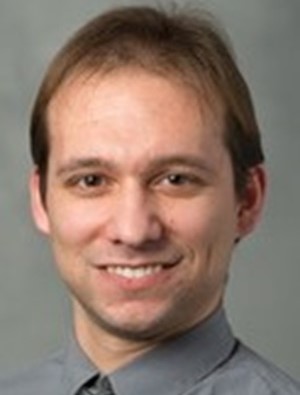
Riverside Clinic Medical Director and Assistant Professor Vince Vallera (pictured here), MD, also believes that team-based care delivers several benefits. “While interacting with each other, team members are learning about more treatment options and patient resources,” he said. “We’re also seeing better communication because we’ve connected different interprofessional groups together. The goal is to facilitate care more effectively and efficiently.”
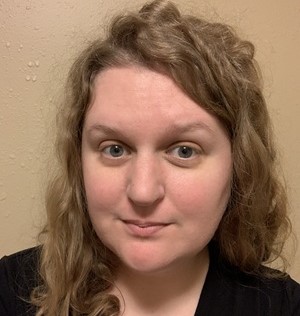
The Department’s learners are also benefiting from this new model. “It gives them a more robust experience,” said Riverside Clinic Supervisor Holly Burd (pictured here). “While our psychiatry learners are learning about being clinicians and prescribing medication, they are also learning from our social workers about how to address psycho-social issues.” Those issues can include disruptions in a person's life such as housing concerns, financial matters, domestic abuse, grief and loss, isolation, and other factors specifically related to mental health, depression, anxiety, and adjustment.

Team-based care seems deceptively simple, but it can be challenging to deploy. “One of the biggest challenges was logistics,” said Mosope Ani (pictured here), who is the rollout’s project manager. “We had to make sure the same communication is given to everyone. And while we’re all working on creating team-based care, there may be smaller projects that arise.” One such example, according to Burd, is the need to modify the clinic’s electronic health record system to better support the new model of care.
The next steps for the rollout are to fold more kinds of patients into the model at the Riverside Clinic. Further down the road, the Department will introduce team-based care to other clinic locations that rely on interprofessional care for patients, such as the Masonic Institute for the Developing Brain.
